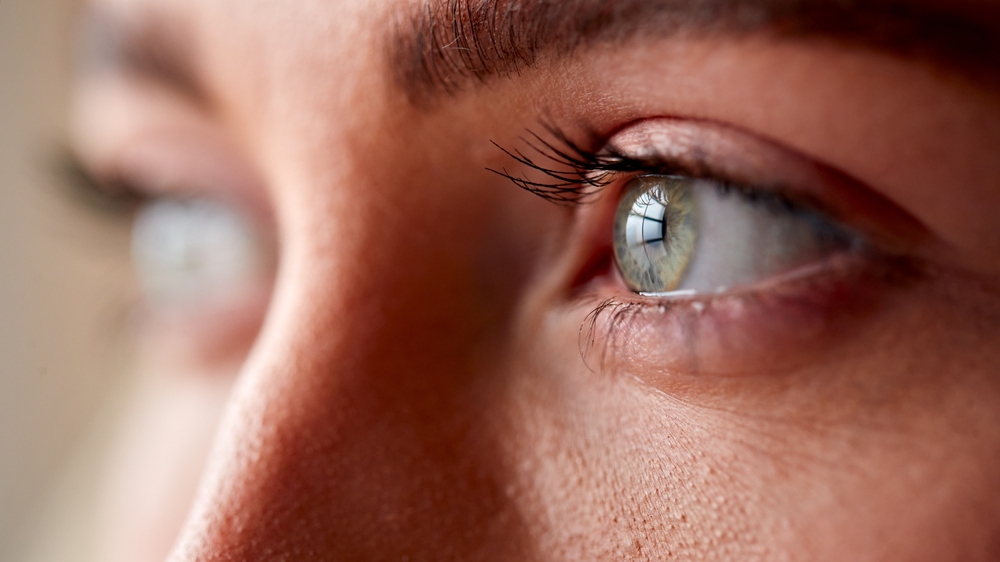Vision Source Grove Heights Blog
Learn more about optometry care in our blog!

Age-related macular degeneration (AMD) is one of the leading causes of vision loss in adults over 50. While many people have heard of macular degeneration, fewer understand that there are two distinct types - dry macular degeneration and wet macular degeneration. Knowing the differences between them, along with the importance of routine medical eye exams, can make a significant difference in protecting your sight.

Pink eye, medically known as conjunctivitis, is one of the most common eye conditions seen by optometrists. It occurs when the thin, transparent membrane that lines your eyelid and covers the white part of your eye becomes inflamed. If you’re experiencing red, itchy, or watery eyes, it’s time to visit an eye doctor in Houston for a proper diagnosis and treatment.

In today’s digital world, our eyes are working harder than ever. Between computers at work, smartphones in our hands, and tablets at home, most people spend hours each day staring at screens.

If you’ve ever struggled with switching between multiple pairs of glasses or noticed that your eyes tire when shifting focus from near work to distant views, you’re not alone. As we age, our eyes gradually lose the ability to adjust focus between different distances - a condition known as presbyopia.

Your glasses are essential for crisp, comfortable vision every day. Quality lenses and frames are designed to last, but without the right care, even the best eyewear can wear down faster than expected.

Clear vision isn’t just about seeing well - it’s about seeing your best in every moment, no matter what your day looks like. At Vision Source Grove Heights, we offer a range of advanced lens options designed to address specific vision challenges such as Varilux lenses for Progressive vision and Eyezen lenses for single vision, so you can enjoy sharp, comfortable sight in every situation.

When it comes to your vision and style, not all eyewear is created equal. While online retailers and big box stores may offer convenience or discounts, premium eyewear delivers a level of quality, craftsmanship, and performance that makes a noticeable difference in your everyday life. At Vision Source Grove Heights, we believe your eyes deserve the very best, beginning with high quality lenses and designer frames.

Astigmatism is a common refractive error that causes blurred or distorted vision due to an irregularly shaped cornea or lens. Fortunately, modern advancements in optical technology have made it easier than ever to correct astigmatism and improve visual clarity. At Vision Source Grove Heights, we offer a range of high-tech lens solutions designed specifically for people with astigmatism.

Living with dry eye can be frustrating, especially when artificial tears and over-the-counter remedies offer only temporary comfort. At Vision Source Grove Heights, we proudly offer IPL treatment using the Lumenis IPL device, a cutting-edge solution designed to address the root causes of dry eye and deliver long term relief.

If you live in Houston, you know how the heat, and constant exposure to allergens can take a toll on your eyes. Many Houstonians suffer from dry eye syndrome, struggling with symptoms like irritation, redness, and a gritty feeling that just won’t go away. The good news is that there’s a solution that goes beyond artificial tears and temporary fixes—Intense Pulsed Light (IPL) therapy.








